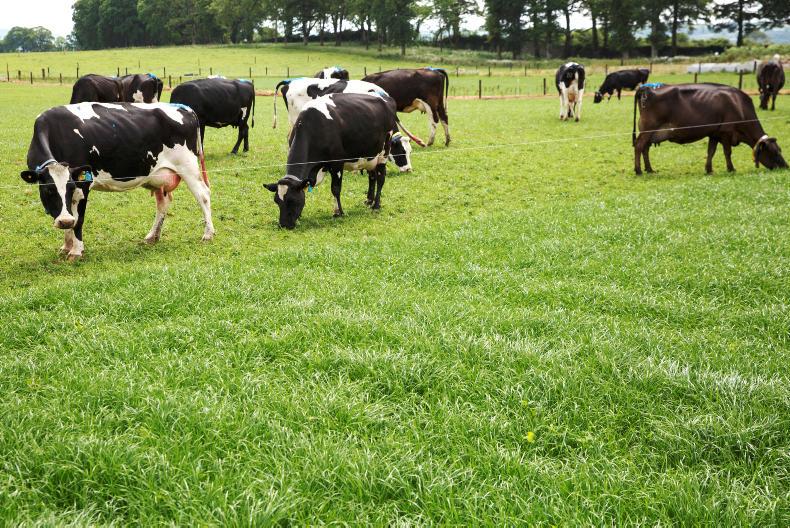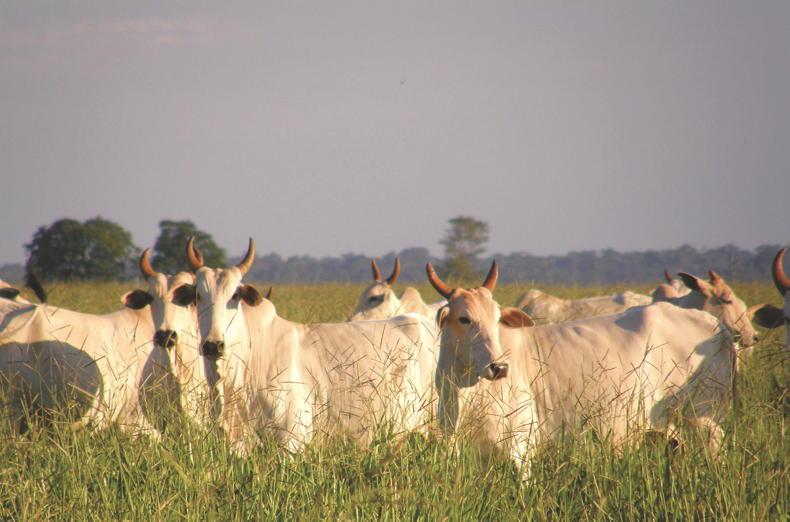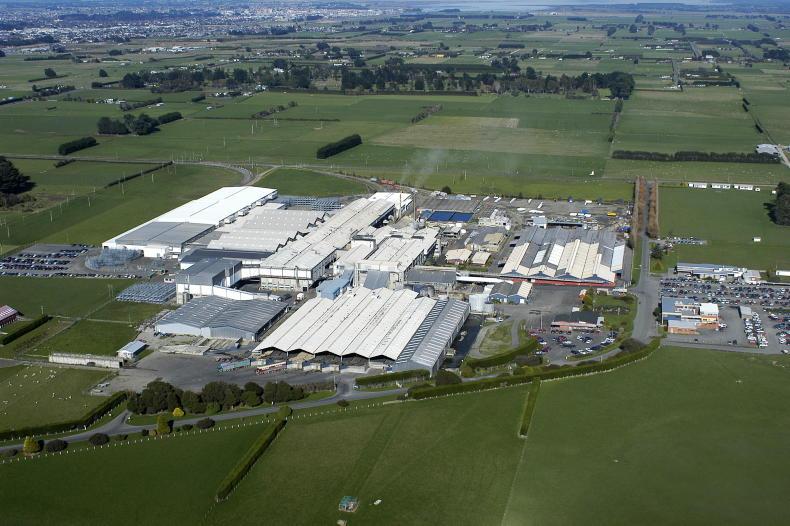Remember the drought? With our summer slipping into the all too familiar pattern of sunshine, showers, but mostly cloudy dullish weather, it’s easy to forget that May and early June saw grass shortages in many parts of the country. Farmers were looking for advice on effective and cost-effective buffer feeding.
There was some hoo-ha when Teagasc advised farmers to feed palm kernel extract (PKE) in buffer rations.
Tillage farmers were up in arms, with IGG chair Bobby Miller criticising the lack of mention of native grains at a time when the Farm to Fork strategy was being unveiled to much fanfare.
The underlying issues here are real. PKE is produced across the tropics, from Malaysia and Indonesia, to Benin and Cameroon in west Africa, with Columbia increasingly the main player in South America.
There are huge question marks over the environmental footprint of this production, as stories abound of rainforest being cleared for PKE production, particularly in Asia and the Americas.
Soya, meanwhile, is predominantly GM crop, as indeed is the maize that constantly undermines Irish and European grain prices.
We’re told that is not what European consumers want.
The lion’s share of the Irish tillage sector’s output is sold for animal feed.
There are success stories in higher-value products such as malting and distilling barley and gluten-free oats, but the blunt truth is that while value growth resides in such products, volume growth will come from domestic production of grain and hopefully protein crops to feed our animals. And Farm to Fork surely implies a drive to produce our own grains and proteins here in Europe.
Imported products
For Ireland, is the use of imported products such as palm kernel a potential weak-point in the Origin Green branding of our meat and milk?
It was interesting to see Teagasc adjust its advice, replacing PKE with beet pulp and soya hulls.
I understand this was in part due to the completion of feed analysis research in Moorepark.
This would tally with anecdotal evidence from farmers who said some PKE used this year was of poor quality.
Of course, it was nearly impossible to source beet or beet pulp in June, but if similar advice was to guide farmers in their winter feed choices, it might be a sign that the penny is dropping.










SHARING OPTIONS